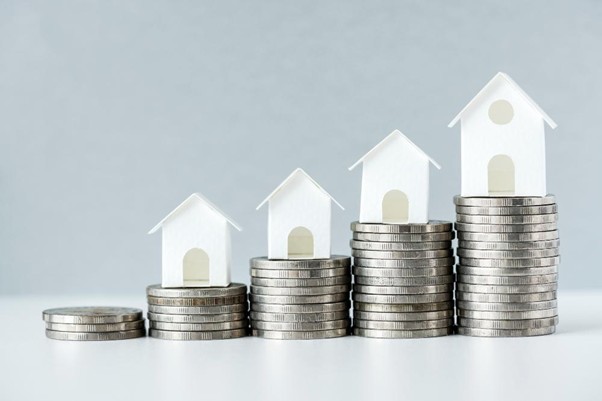Hedge funds are quietly sitting on a potential goldmine. Fannie Mae and Freddie Mac, two mortgage giants that were taken over by the US government during the 2008 financial crisis, may finally be released into the public market again.
The Trump administration has signalled that it’s planning to spin them off. This would end nearly two decades of federal control.
Fannie and Freddie play a huge role in the housing market. They buy home loans from lenders and repackage them into mortgage-backed securities. This keeps money flowing to banks, which helps people get home loans at better rates. Right now, they back more than half of all mortgages in the US.
But if they go private again, things could get messy. Experts warn that home loan rates might go up, especially for lower-income buyers. And lenders might tighten who they lend to. Basically, this change could make it harder for everyday Americans to buy homes.
Big Hedge Funds, Bigger Payday
Some of the biggest names in investing have been waiting years for this moment. Bill Ackman, who runs Pershing Square Capital, holds a huge stake in Fannie and Freddie. He has been vocal about pushing to get them out of conservatorship. Carl Icahn and John Paulson also had stakes, though it’s not clear if they still do.
Ackman says the companies have already paid back more than the government gave them. Since the bailout, Fannie and Freddie have paid over $300 billion in dividends to the US Treasury. But under the bailout rules, the government still has a preferred stake.
That means Fannie and Freddie owe about $190 billion before regular shareholders can get paid. Some experts say this makes investing in the companies risky.
The Twist in the Deal
Spinning off these two giants is not simple. Their combined net worth is over $150 billion. Taking them public again would likely be bigger than the record IPO of Saudi Aramco. Senate Democrats are already pushing back. They fear it would only help rich investors and hurt regular homebuyers.
Even though Trump has promised that the government would still provide a guarantee, many are not convinced. Without that safety net, investors might panic, which could hurt the mortgage market and make home loans more expensive.
This isn’t just a finance story. It’s about who gets to buy homes in America and who gets paid on Wall Street. Everyone’s watching what happens next.



